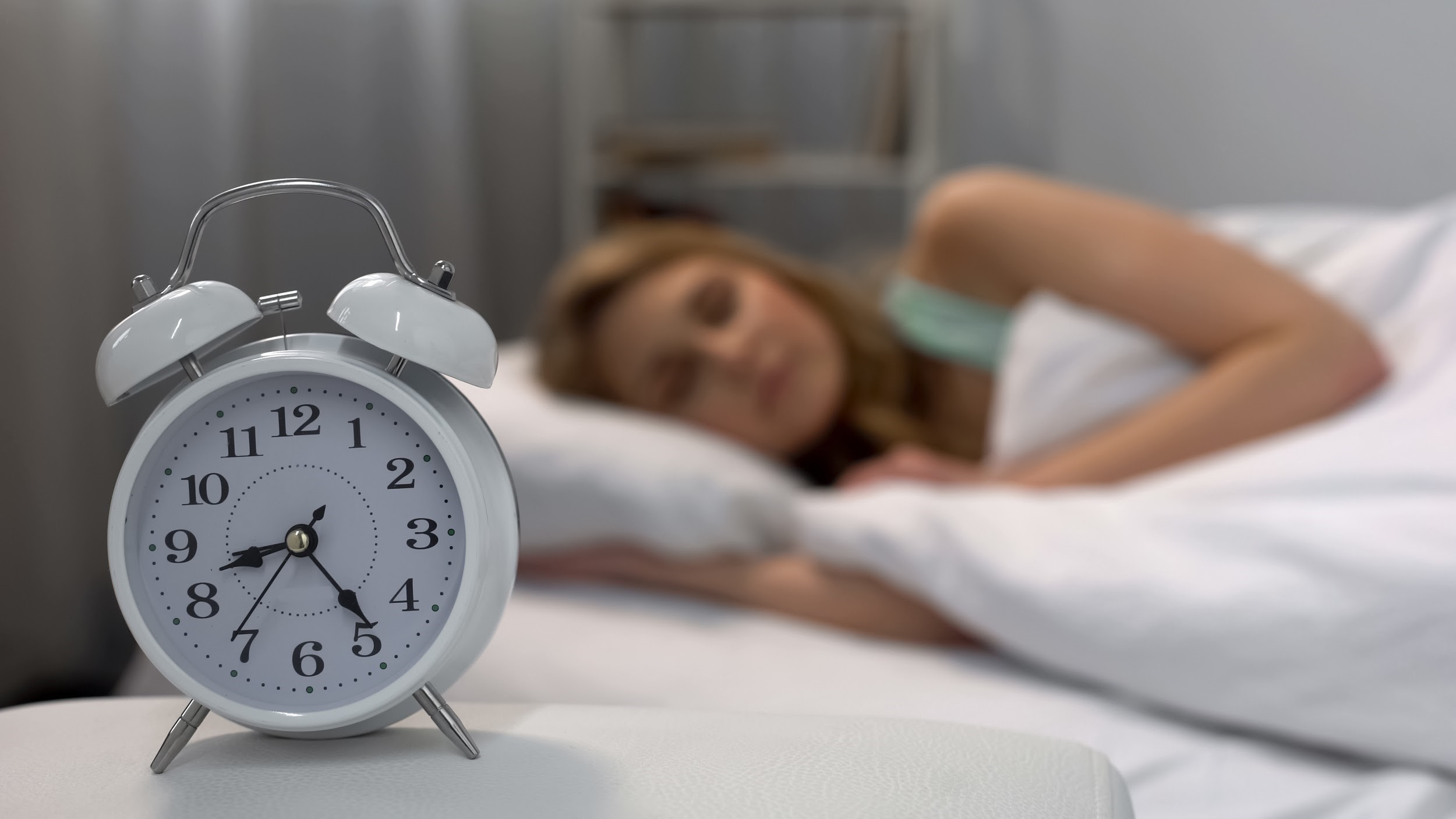Struggling to fall asleep at night? Here is what you can do to turn things around
Did you know that 1 in 3 adults don’t get enough sleep each night?
While getting 7 hours of sleep may not seem like it needs to be a top priority in your life, it should be. If you don’t get enough sleep each night, you may suffer from:
● Increased stress
● Weight gain
● Lack of motivation
● Forgetfulness
● Clumsiness
● Increased appetite
● Decreased sex drive
● Moodiness
In addition, a lack of sleep can lead to long-term negative effects, such as:
● Obesity
● Cardiovascular disease
● Depression
● Heart disease
But, if you’ve been struggling to fall asleep at night, what can you do to turn things around?
There’s actually a lot you can do. Check out this guide to learn the top ways to get a better night’s sleep.
1. Eat the Right Foods
Getting a good night’s sleep all starts with your diet.
Here are some foods that can help you sleep better at night:
- Almonds
- Turkey
- Kiwi
- Chamomile tea
- Fatty fish
- Cherries
- Walnuts
- White rice
- Passionflower tea
- Milk
- Bananas
- Oatmeal
- Cottage cheese
As you can see, most of the foods on this list are quite healthy. And yes, as you guessed it, this means that unhealthy foods, such as chips, ice cream, soda, and candy, can harm your sleep.
Also, make sure you aren’t eating or drinking anything with high amounts of caffeine late in the day or before bedtime. Caffeinated foods and drinks to avoid include coffee, certain teas, chocolate, and soda.
2. Stay In-Sync With Your Body’s Natural Sleep Cycle
Your body has a natural sleep-wake cycle, also known as the circadian rhythm. If you stick to your regular sleep-wake cycle, you will feel much more energized and refreshed.
In order to stay on that cycle, you should:
Go to Bed and Wake Up at the Same Time Every Day
By going to bed at the same time every day and waking up at the same time every day, you allow your body’s internal clock to stay aligned.
When selecting a bedtime, don’t overthink it. Just choose a time of the night in which you feel tired. If possible, leave enough time beforehand to engage in a bedtime routine that helps you unwind.
Then, if you go to bed around the same time each night, then you should naturally wake up around the same time each day, without the aid of an alarm.
Avoid Sleeping In
While sleeping in can feel good, especially on the weekends or after a late night out, try to do it as infrequently as possible.
The more you sleep in, the more likely you are to throw off your natural sleep schedule.
If, however, you feel like you won’t be able to make it through the day on the small amount of sleep you’ve had, then it’s fine to take a nap during the day. Taking a nap during the day will allow you to catch up on sleep without throwing off your sleep cycle.
Be Smart About Taking Naps
That being said, you should still be smart about the naps you take. In general, you’ll want to limit your naps to 15-20 minutes. And, take them in the early afternoon if possible.
Fight Post-Dinner Drowsiness
Do you get really tired after dinner and often feel tempted to take a quick nap?
Oftentimes, we feel lethargic after eating a large meal. However, if you go to be too early, you’ll end up waking up in the middle of the night and throwing your whole sleep schedule off.
Therefore, to fight off the sleepiness, try to engage in a semi-stimulating activity post-dinner. Call a friend, go for a short walk, wash the dishes, or get things ready for the following day.
3. Evaluate Your Room
It’s very important that you turn your bedroom into an ideal sleeping environment. Here are some things you can do to create a better sleeping space:
● Keep your bedroom cool – around 60 to 67 degrees Fahrenheit is ideal
● Free your bedroom of any light. This includes lamp light, as well as light from electronic devices.
● If your partner snores, consider investing in a white noise machine, fan, or humidifier to drown out the snoring without disturbing your own sleep
● Invest in a comfortable bed and mattress. If you and your partner have different preferences when it comes to mattress firmness, consider investing in an adjustable bed, as seen here.

Your bedtime routine can make all the difference in the quality of sleep you get
4. Establish a Solid Bedtime Routine
Your bedtime routine can make all the difference in the quality of sleep you get. Therefore, it’s very important that you take time each night to wind down and let the stresses of the day melt away.
First and foremost, you should start your bedtime routine by putting away all of your electronics. Studies show that gadgets can keep you up at night. Therefore, you should shut down your screens for at least an hour before bedtime.
If you use your phone as an alarm, that’s fine. But, don’t let it tempt you by leaving it at your bedside. Instead, put your phone in a place where you can’t reach it. Not only will you be less tempted to use it, but it will also help you get up in the morning, as you’ll have to get out of bed to turn it off.
In addition to shutting off your electronics, you should also engage in activities that will help you wind down. This includes:
● Reading
● Taking a bath
● Meditating
● Deep breathing
● Listening to soft music
● Doing some light stretches
● Listening to a book on tape or a podcast
● Engaging in a relaxing hobby, such as drawing, puzzles, or sewing
The more energy you put into relaxing before bedtime, the more likely you are to get a better night’s sleep.
So, there you have it! The top ways to get a better night’s sleep. If you have any questions about improving your sleep, please comment below. And, be sure to check in with our site for more lifestyle tips and tricks.

